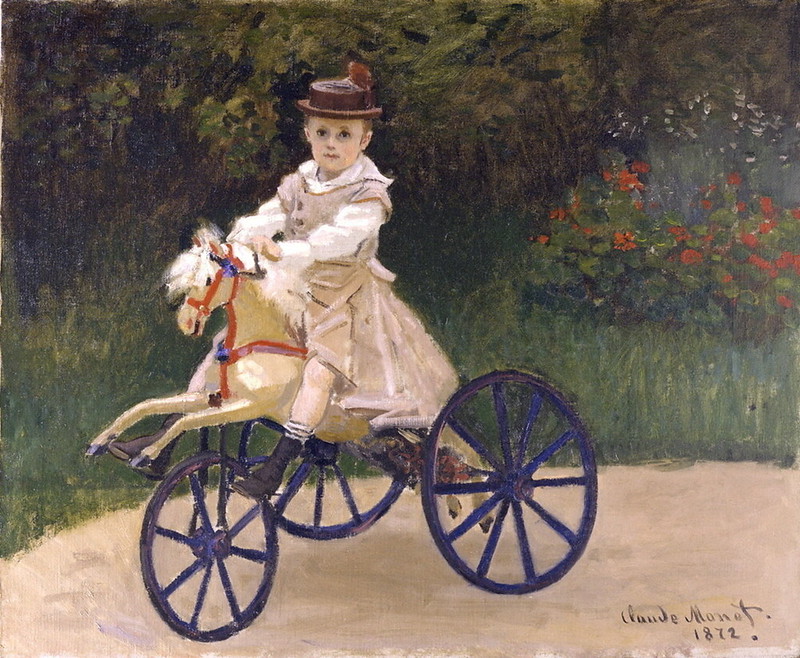
If you try to translate “hobby” into other languages, you’ll notice that most (if not all) will be cognate. Even Hungarian which is full of etymons (original words, rooted in the language itself), hobby is just “hobbi” or “szenvedély” (passion). However, of course, passion is not the same as hobby. So it seems that hobby is a word originating in English. Originally, hobby was a small toy-horse, a pony that children would sit and mimic riding a real horse.
By the 19th century, when machinery and industrialization were fiercely taking over farming and agriculture, and by 20th century, when the full working days were transformed into 8-hour workdays thanks to labor movements, people had more leisure time and in that way, the hobbyhorse became a symbol of adults’ imitation of the real activities that they used to have before industrialization: playing music, doing handcrafts, painting, playing sports. All those activities were part of life in tribal and agriculture centered communities. Music was part of rituals, gatherings, common field work and hunting. Painting was part of daily life as well. People built their own potteries, houses and painted their own clothes. Therefore, we can summarize that with hobbies, people started harnessing their instinctive demands of creation and joy in life through simple activities.
Usually the people who use the word “hobby” are people busy with obliged works and their interests that they pursue in their so called leisure time. And that’s the reason I disdain the word of hobby. Because we do not possess hobbies, but creative energy that manifests itself in all parts of our lives, whatever we do. And to call singing, painting, cooking, or even reading a book is disrespectful towards that activity. The question is, what is more important? Accumulation of wealth or spiritual development that comes through the joyful and shared activities? Keynes, in his essay “Economic Possibilities for our Grandchildren”, predicts that in about 100 years, we will have so much economic prosperity, that people will face dreadful fate of boredom and not being able to enjoy life:
Yet there is no country and no people, I think, who can look forward to the age of leisure and of abundance without a dread. For we have been trained too long to strive and not to enjoy. It is a fearful problem for the ordinary person, with no special talents, to occupy himself, especially if he no longer has roots in the soil or in custom or in the beloved conventions of a traditional society.
In Werner Herzog’s film “Cave of Forgotten Dreams”, one of the researchers tells a story of an ethnographer researching aboriginal tribes in Australia. Asking the aboriginal man painting on a cave wall about the reasons behind this activity, the painter responds: “I am not painting. It’s the hand of the spirit who is painting now.”